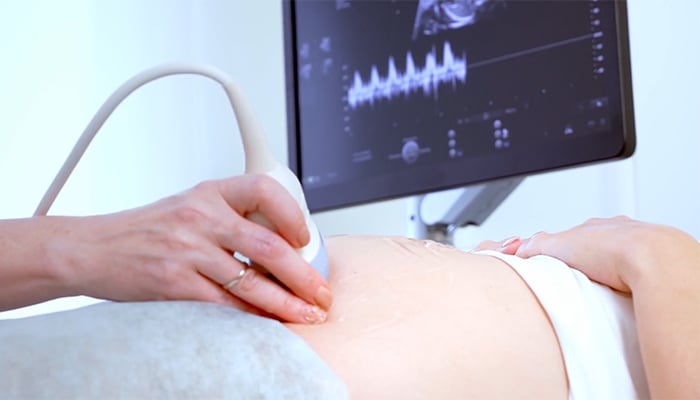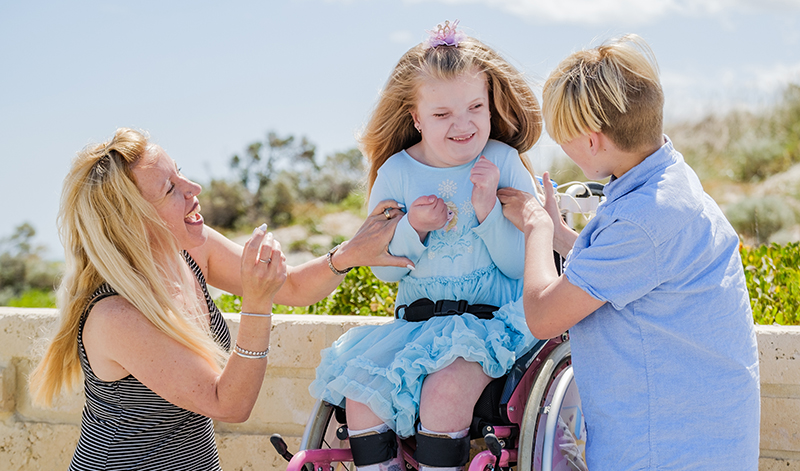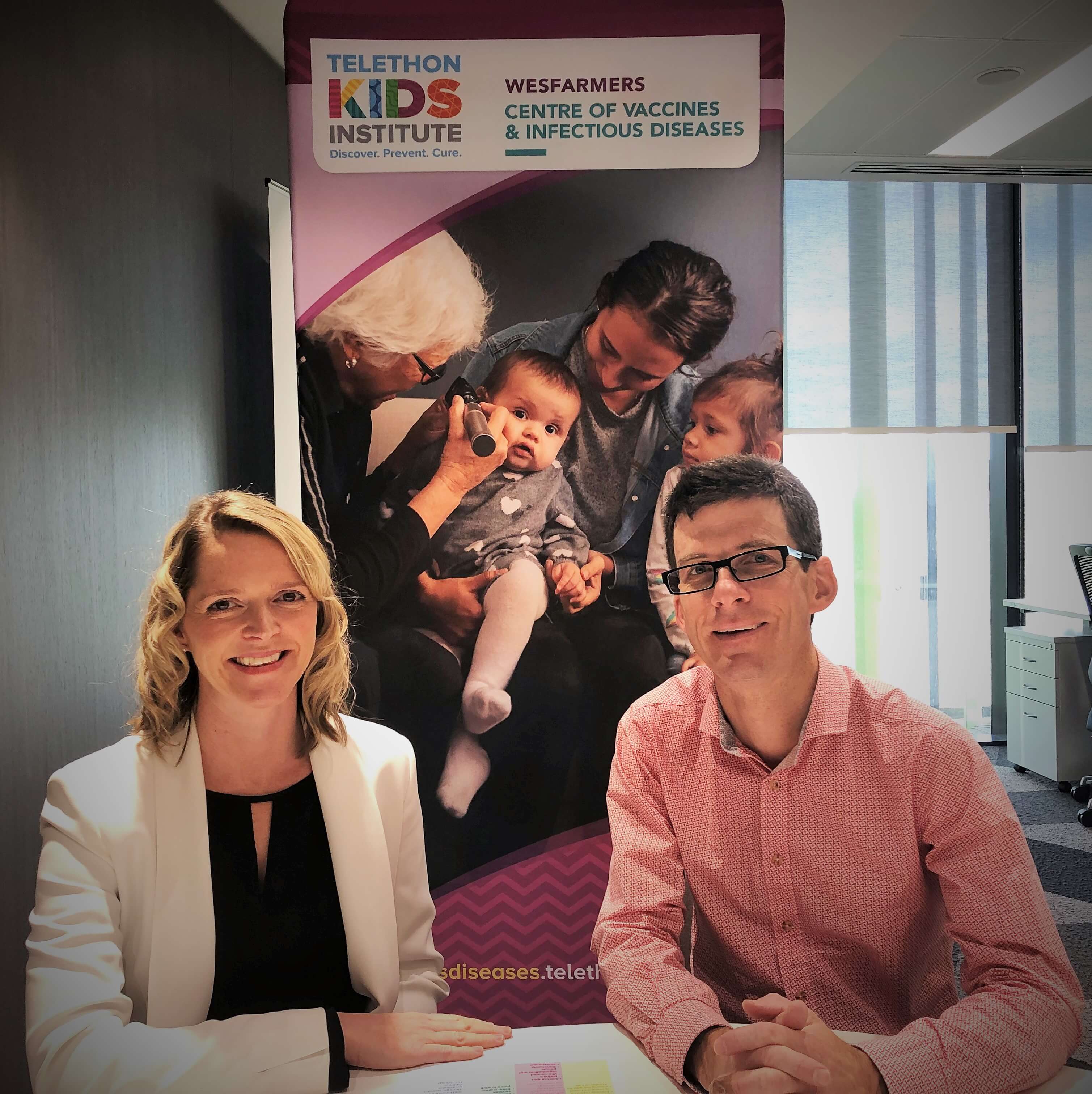Search
Showing results for "1"
Research
Reticulon-1 and reduced migration toward chemoattractants by macrophages differentiated from the bone marrow of ultraviolet-irradiated and ultraviolet-chimeric miceBy using an anti-reticulon-1 Ab, a role for reticulon-1 in macrophage migration toward both CSF-1 and CCL2 was confirmed.
Research
Feasibility of a commercial smartphone application for dietary assessment in epidemiological research and comparison with 24-h dietary recallsOur study tested the relative validity of a smart phone app for uses as an epidemiological dietary assessment tool, compared with a standard assessment method.
Research
Association between respiratory syncytial viral disease and the subsequent risk of the first episode of severe asthma in different subgroups of high-risk Australian children: a whole-of-population-based cohort studyTo determine the contribution of RSV to the subsequent development of severe asthma in different subgroups of children at risk of severe RSV disease.
Research
Dose-Banding of Intravenous Piperacillin-Tazobactam in Pediatric Surgical InpatientsDosing errors are the most commonly reported medication error in children. Dosing is often prescribed per weight or based on body area.

News & Events
A virus all pregnant women should know aboutMost mums-to-be have never heard of CMV and the impact it can have on their unborn baby.

News & Events
What’s in a name?In WA, 60,000 kids live with a rare disease, and of those about half do not have a diagnosis. At The Kids, researchers are leading the charge in developing a method to identify genetic variations, so that kids like Charlotte can get answers.

News & Events
Excellence Award for top ranked The Kids researcherThe Kids Research Institute Australia and UWA researcher Dr Sally Brinkman has been recognised with a national Research Excellence Award.

News & Events
New Co-directors for the Wesfarmers Centre of Vaccines and Infectious DiseasesDr Lea-Ann Kirkham and Dr Chris Blyth have been appointed as Co-Directors

News & Events
The Kids Research Institute Australia researchers share in TPCHRF fundingSix The Kids Research Institute Australia researchers are among those who have received grant funding from the Telethon-Perth Children’s Hospital Research Fund (TPCHRF).

News & Events
Award honours for The Kids researchersTwo outstanding The Kids Research Institute Australia research leaders have been named finalists in the 2018 Western Australian of the Year Awards.
